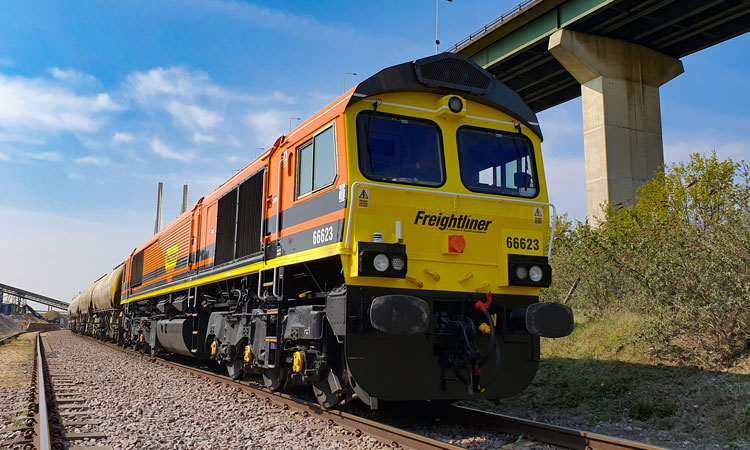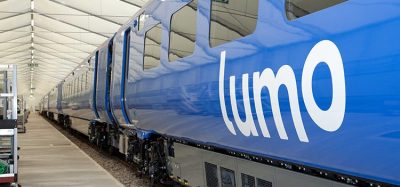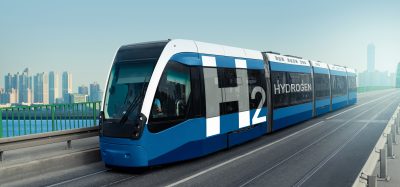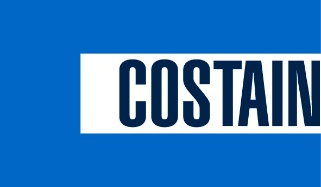Government funding secured for Freightliner dual-fuel project
Posted: 5 July 2021 | Global Railway Review | 1 comment
In partnership with a consortium of specialist suppliers, government funding has been secured to develop a dual-fuel solution for Freightliner’s Class 66 locomotive.


Freightliner, a subsidiary of Genesee & Wyoming Inc. (G&W), in partnership with a consortium of specialist suppliers, has been successful in securing government funding to develop a dual-fuel solution for the Class 66 locomotive.
The technology is one of the 30 winners of the latest round of the First of a Kind (FOAK) competition announced by the UK’s Transport Secretary. Already the safest and greenest mode of groundfreight transportation, the competition has been aimed at making the railways even cleaner, greener and more passenger friendly.
This is the first time that this technology, which is widely used in the road industry, will be applied to the rail freight sector on such an important and widely used class of locomotive. Work will take place over a nine-month period. The key project partners are Freightliner, which operates over 113 Class-66s in the UK, and Clean Air Power, providers of innovative clean air solutions for freight.
The project is also supported by Network Rail, Tarmac, Rail Safety Standards Board (RSSB), Flogas, Carrickarory and the University of Birmingham
Substitute diesel with both hydrogen and biogas
The project will investigate the ability to substitute diesel with both hydrogen and biogas on the Class-66 locomotive which hauls over 80 per cent of freight on the UK rail network and, in doing so, reduce carbon emissions on one of the industry’s most challenging two-stroke locomotives. This will be achieved by retrofitting the Class 66 with Clean Air Power’s precision injection technology, creating a Class 66 that can run on a combination of diesel, biogas and hydrogen.
This sustainable solution will support a programme to decarbonise freight operating companies’ diesel fleets in a cost-efficient manner that does not require significant short-term investment and facilitates operational learning in support of a longer-term fleet replacement programme, potentially using 100 per cent hydrogen fuel.
Exhaust emissions will be assessed in line with the latest RSSB guidance to understand both the baseline conditions and the impact of dual-fuelling for both hydrogen and biogas. Emissions and substitution data is a key output of this project and will be available to RSSB.
All work on locomotives, static testing and emission data collection will be carried out at Freightliner’s vehicle maintenance facility in Leeds, supported by Carrickarory Consultancy and in consultation with RSSB.
Freightliner UK’s Rail Managing Director, Tim Shakerley, said: “Freightliner is excited to be a key partner in this pioneering decarbonisation project. As the largest freight operator of electric traction, we already have a number of environmentally motivated initiatives underway and are delighted to be working with Clean Air
Power and other partners on this additional government-funded project. With decarbonisation high on the agenda, these initiatives will further support the government’s pledge to achieve net zero greenhouse gas emissions by 2050.”
Dan Skelton, Managing Director of Clean Air Power, said: “We’re delighted to be working with Freightliner and other partners on this project. All parties are focussed on delivering a fully functioning low-carbon, lowemission, hydrogen-friendly Class 66 locomotive. Our solution offers a route to viable, long-term decarbonisation and its associated cost benefits, which will be practical to implement and scale. With the know-how and expertise, we share, we’re looking forward to this new and exciting initiative making a real difference.”
Related topics
Cargo, Freight & Heavy-Haul, Diesel Locomotives, Hydrogen Trains, Rolling Stock Orders/Developments, Sustainability/Decarbonisation, Technology & Software
Related organisations
Clean Air Power, Freightliner, Genesee & Wyoming Inc. (G&W), Network Rail, Rail Safety and Standards Board (RSSB), Tarmac, University of Birmingham









According to Long Branch Mike in his article Hydrail Breezes in the UK on the londonreconnections website 15 April 2021 a (UK) freight train needs four wagons of hydrogen (gas 350 bar), Rail Industry Association Why Rail Electrification ? report 2021 page 50 ammonia ” energy density of 12 MJ/Litre which is over four times that of hydrogen stored at 350 bar “, so at most ammonia will only need to be stored in one wagon or less biogas in a biogas/ammonia mix than biogas in a biogas/hydrogen mix but the RIA rejects ammonia due to safety concerns yet according to wikipedia trams in New Orleans 1870s-80s used ammonia and Belgium buses 1943-45 burnt a mix of coal gas mostly composed of hydrogen and ammonia due to a shortage of diesel because of WW2 without mention of any accidents. Ammonia (hydrogen + nitrogen) is also cheaper to store and transport than hydrogen.